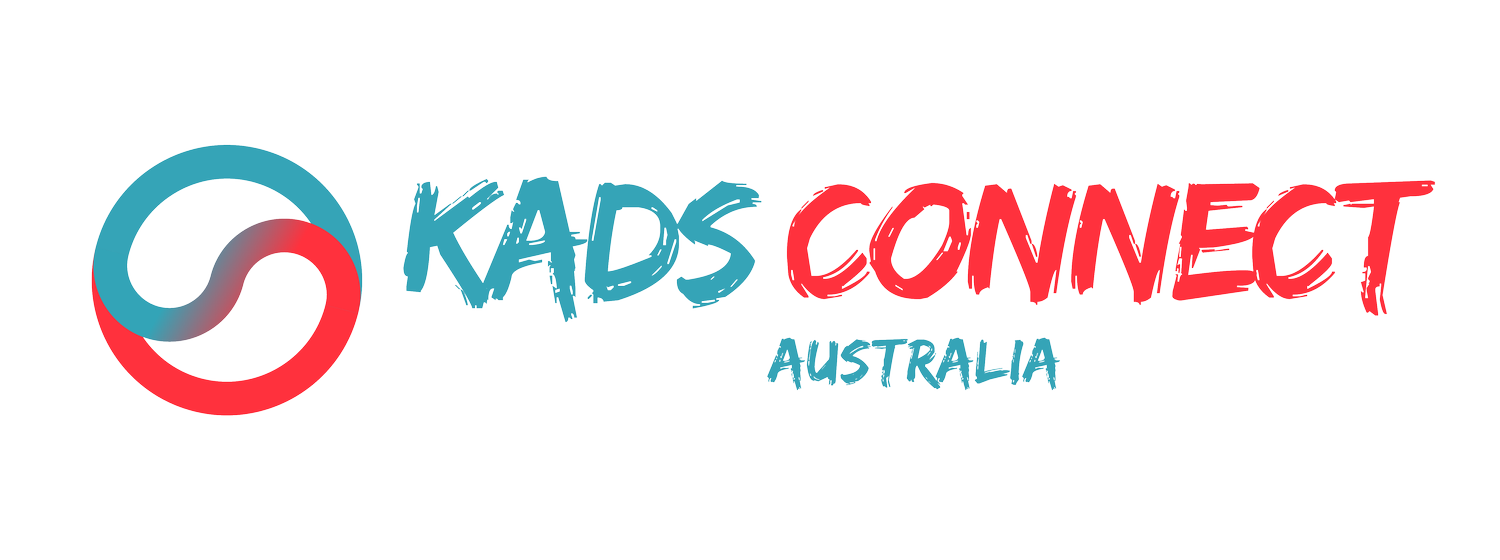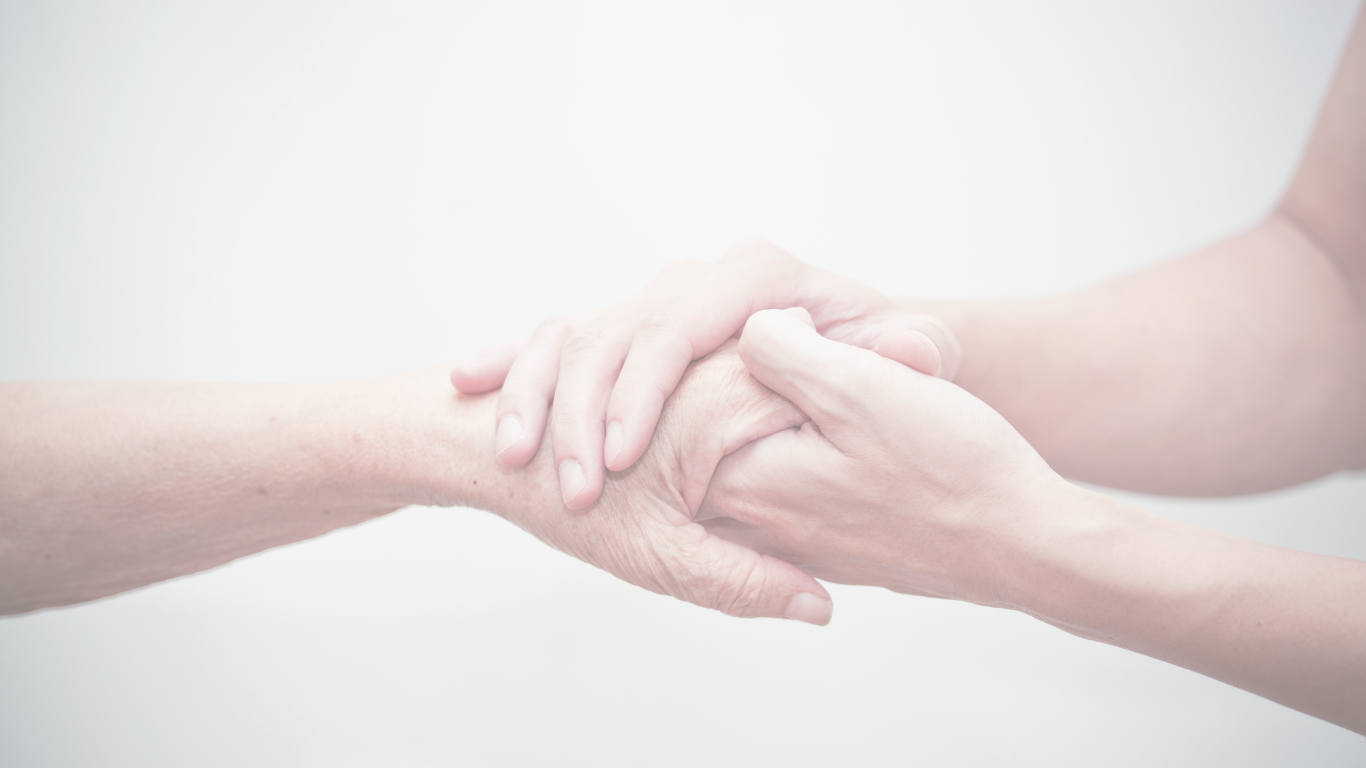Our Goals
Working for truth, accountability and lasting change.
We seek to uncover the truth for Australian Korean adoptees, to hold governments and institutions accountable, and to ensure that systemic failures to protect children do not continue.
We aim to create meaningful change through focused efforts in legal advocacy, public inquiries, evidence collection, media engagement, and awareness campaigns.
We strive to ensure that every adoptee’s voice is heard, their rights upheld, and that future adoptees are protected from systemic inadequacies that have affected so many of us.
-
Investigate illicit practices in adoption of Korean infants to Australia
Examine failures in oversight at federal and state levels and by intermediary agencies
Provide reparative support to affected adoptees, including access to records, search and reunion services, legal support, and trauma-informed care.
Review Intercountry adoption policies in Australia, ensuring future practice upholds human rights and safeguards children and families.
-
We are committed to working with adoptee-led groups across Australia - the Korean Adoptees in Australia Network (KAIAN), the Australia United States Korean Rights Group (AUSKRG) and InterCountry Adoptee Voices (ICAV)
Each group contributes in their own meaningful way—some by directly challenging government and institutional practices, others by offering support behind the scenes. All efforts are essential in our collective pursuit of truth and healing.
We honour the autonomy of adoptees to participate in this movement in a way that feels right for them, while encouraging thoughtful action that considers our broader community impact.
Together, the Australian Intercountry and Korean adoptee community can amplify the missing voices of adoptees who are seeking truth and answers.
-
Currently, adoptees face delays in accessing post-adoption support. It takes several months to be assigned a caseworker, and in many cases, another six months or more before accessing documents.
We advocate for increased resources for state based post-adoption services and implementation of more efficient processes.
This includes improving support available for adoptees in searching for biological family members, and ensuring that complaints regarding falsified documentation are handled swiftly and properly.
Many intercountry adoptees require specialised therapeutic support. We want to see a funded service for adoptees, staffed by adoption-centred and trauma-informed professionals.


